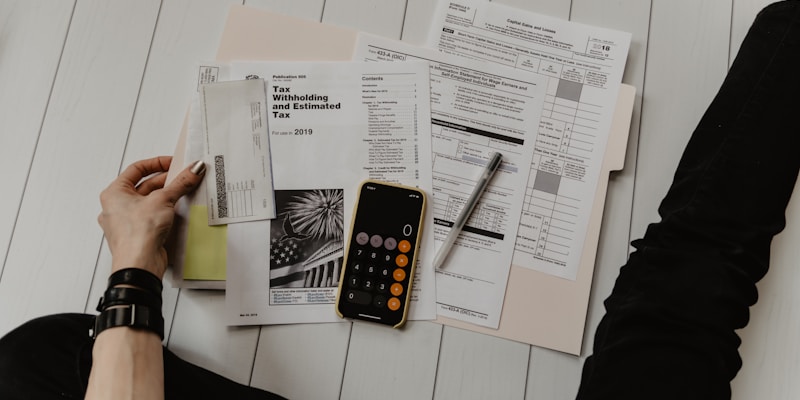Notary News & Expert Insights
Stay informed with the latest notary industry updates, tips, and guides from our expert team.
Featured Articles

Why Mobile Notary Services Are Essential in Today's Fast-Paced World
Discover how mobile notary services save time, reduce stress, and provide convenient notarization at your preferred location.

How Mobile Notaries Provide Flexibility and Security for Wills and Trusts
Learn how mobile notary services ensure legal compliance, prevent fraud, and provide confidential estate planning document notarization.
Showing 12 articles

Why Mobile Notary Services Are Essential in Today's Fast-Paced World
Discover how mobile notary services save time, reduce stress, and provide convenient notarization at your preferred location.

How Mobile Notaries Provide Flexibility and Security for Wills and Trusts
Learn how mobile notary services ensure legal compliance, prevent fraud, and provide confidential estate planning document notarization.

Top 5 Benefits of Using a Nationwide Mobile Notary Service
From coast-to-coast coverage to consistent quality, discover why a nationwide mobile notary network is your best choice.

How to Schedule a Mobile Notary Appointment and What to Expect
A complete guide to booking your first mobile notary appointment, from preparation to completion.

The Role of Mobile Notaries in Real Estate Closings
Understanding how mobile notary services streamline the home buying process and ensure smooth closings.

Understanding Apostille Services for International Documents
Everything you need to know about apostilles, authentication, and using your documents abroad.

Complete Guide to Power of Attorney Notarization
Learn about the different types of power of attorney documents and why proper notarization is critical.

I-9 Verification: What Employers and Employees Need to Know
Understanding the I-9 employment eligibility verification process and how authorized representatives can help.

Remote Online Notarization (RON): The Future of Notary Services
Discover how remote online notarization works and when it might be the right choice for your documents.

10 Common Notarization Mistakes and How to Avoid Them
Don't let simple errors delay your important documents. Learn the most common notarization mistakes and how to prevent them.

Mobile Notary Services for Hospitals and Nursing Homes
How mobile notaries provide essential services for patients and residents who cannot travel.

Essential Business Documents That Require Notarization
A comprehensive guide to corporate documents that need notary services and why they matter.
Need Notary Services?
We bring professional notary services directly to you, anywhere in the nation.